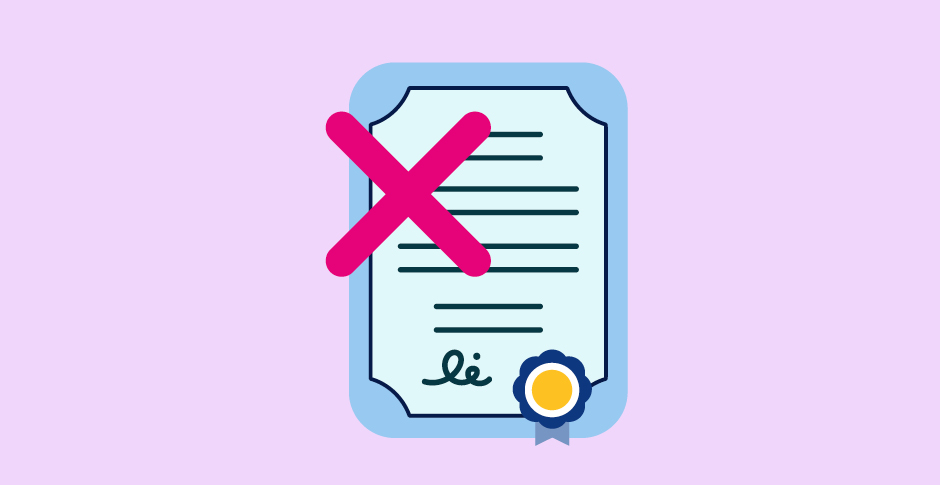Whether you’ve just finished high school, university or are looking for a career change, deciding on the most suitable career can often be challenging.
So where do you start and what can help secure you a really great job? We’ve put together a career guide with some helpful tips to get you on the right track…
- Identify your passions. While there is a lot of career advice out there, the first important step is to identify your passions and where your strengths lie. Pursuing a career in an area that you know nothing about or have very little interest in will likely lead you on a path to boredom and frustration.
Often the most successful professionals are the ones who are as happy being at work as they are relaxing on the weekends. They thrive in their workplace because they’re doing what they love each day. Make this your aim for the future, first and foremost.
- Be realistic. Just because you’re the highest goal scorer in your basketball team or you like to take your dog for a walk in your spare time, doesn’t necessarily mean they’d make successful careers.
As well as knowing what you enjoy doing, consider some of the following when deciding on your career path: - The demand for the role. Will there be a fair amount of jobs that you can apply for?
- The income you’d ideally like to be earning in the future. Will it be enough for the lifestyle you want to lead?
- The environment. Does sitting in front of a computer nine to five sound appealing, or would working outdoors be more suited to your personality?
- The potential for career progression. If career growth is important to you, think about where your role of choice can lead to.
You might also like to think about the level of challenge you hope to set for yourself, the potential for work/life balance, flexibility of hours and location, and how important working in a team versus solo is to you.
You might also like to think about the level of challenge you hope to set for yourself, the potential for work-life balance, flexibility of hours and location, and how important working in a team versus solo is to you.
- Understand the skills you need. You may have just completed a diploma or degree. If this is you – well done! An education related to the career you’re interested in pursuing will help you leverage your chance of getting a foot in the door, using the knowledge you’ve just learnt. If you’ve already been in the work force for some time but are looking for a career change, further study is a great way to gain the skills you need to get you onto your new desired career path.
- Volunteer or intern to gain experience. While study is a great starting point, gaining tangible experience in workplaces of interest will give you excellent insight into what your future career might look like. Many industries encourage internships and can be applied for via the company of choice or through your university. When it comes the time to apply for a paid role, most employers will look favourably on candidates that have gained experience through interning. Volunteering is similarly a great option.



